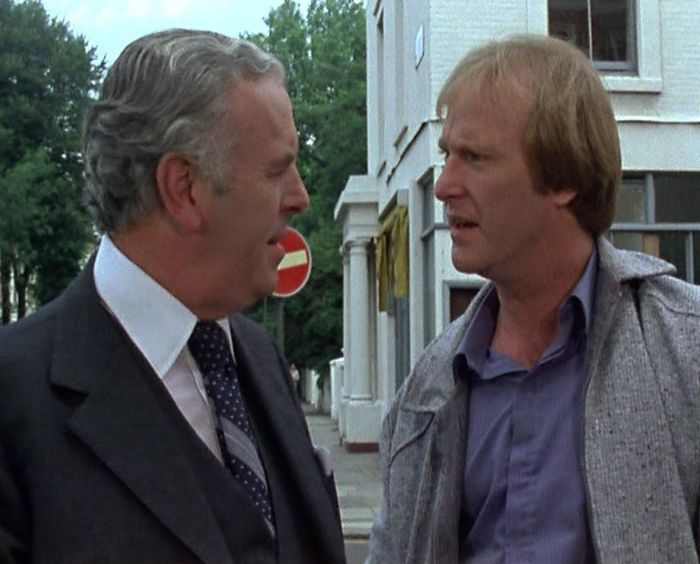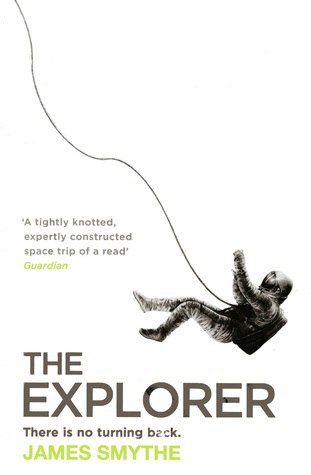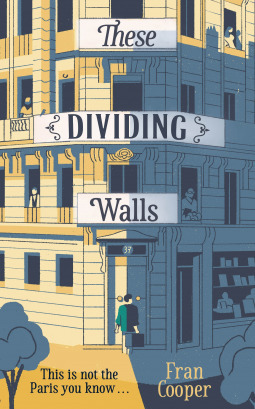Many eons ago, I read Tom Rob Smith’s bestselling crime novel Child 44, and enjoyed it much more than expected. Today’s review concerns Child 44’s sequel, The Secret Speech, a continuation of MGB agent Leo Demidov’s “adventures”. To whatever compelled me to pick up this piece of DTF tripe and read it to the end, may it be gone forever now.
The historical basis for TSS is a report by Nikita Khrushchev (“On the Cult of Personality and Its Consequences”) delivered at 20th Party Congress on February 25, 1956 condemning the policies of Stalin and the people who enforced them. This report was known as “secret” because it was delivered at an unpublicized closed session of Communist Party delegates, and the official Russian text was published only in 1989.
Anyway, the book opens in 1949 with the planned destruction of a centuries-old church in Moscow. Its priest, Lazar, now a professor at a nearby university under the new regime, hides in the crowd. Most gawkers congregate to satisfy their curiosity, some because of their political inclinations, others to mourn the loss of a treasured religious edifice. Also among them is an agent of the state, milling to gauge the crowd’s reactions. Unbeknownst to Lazar, that agent is Maxim, his pupil and young prodigy. Both Lazar and his wife are arrested as dissidents.
Flash forward to 1956. Maxim – who’s really Leo Demidov – has left the MGB, trying to distance himself from the old regime and his role in its purges. His wife (who at best tolerates him) and two adopted daughters (who hate him) are all that matter to him. But the past comes a-knocking when when his oldest daughter Zoya is kidnapped, and Leo soon finds himself in the middle of a series of brutal murders, retribution for the denunciation and torture of hundreds of innocents. Desperate to hold onto the family he created, Leo finds himself in pursuit amid the impending invasion of Hungary.
If you thought Smith would handle his story and history competently, well…
The storyline is ridiculous. We start out with a mysterious MGB agent from Leo’s past and a printer who are mysteriously “murdered” (even though they aren’t murdered – they willingly commit suicide, so it sets up this ridiculous “homicide investigation” when there clearly is no homicide to investigate … but never mind that, the “Leo as a homicide investigator” angle isn’t followed up with anyway).
Leo’s daughter Zoya is then kidnapped by Fraera, the leader of a gang of vory-v-zakone who – you’ll never see this coming – has reason to hate Leo herself. The only way Leo can get Zoya back – he is told – is by sneaking into the infamous Kolyma gulag in Russia’s far east and breaking out Fraera’s husband…Lazar from the beginning. And Leo does it! Out of his apparent love (which, BTW, is never fleshed out or otherwise demonstrated) for a girl who hates him and who he has had in his care for all of 2 years. He’s transported by prison ship to Kolyma. His partner, another family man, is killed, and Leo is tortured upon arrival. When he returns to Moscow with Lazar, 200 or so absurd pages later, Lazar is immediately killed by Fraera. To teach Leo a lesson or something.
Zoya then fakes her own death and goes to Budapest with Fraera to sow the seeds of the uprising. And of course, Leo follows them to Budapest to rescue the girl who hates him so much that she tried to kill him in his sleep and faked her own death just to get away from him. It’s not delusional, it’s a thriller novel plot!
Action scenes are back-to-back and implausibly complex. Continuity errors abound. Characters die pointlessly, just to keep the reader guessing. The locations Leo visits barely have any coherent connection with one another, and none do anything to further the story. Their purpose? Likely to show the reader that Smith knows soooo much about ’50s USSR!
Character development is poor. Almost all are one-dimensional or unmotivated. Leo has been transformed into a pathetic, self-loathing individual completely consumed by his desire for a “perfect family.” He’s not a protagonist a reader can relate to or care about. In fact I found myself hoping someone would bump him off just to put him out of his misery. Zoya has not a single redeeming quality, and as a result, the reader isn’t invested in her rescue. Leo’s wife Raisa has changed from a resourceful, clever, natural skeptic in Child 44 to a flat and boring background character. But worst of all is villain Fraera: she’s a completely implausible female character who managed to live through several death camps (!), became the leader of an all-male band of vory-v-zakone (!!), and is now out for revenge (what an original plot twist!) on her former interrogator. That’s all there is to her.
I’m not convinced this book was well-researched. Locations are misidentified, translations are poor, and even with my limited exposure to colloquial Russian, I sense that the tone and manner in which these characters speak and interact is off-base.
(By the way, the vory-v-zakone were a very specific class of professional criminals in the Soviet Union. Yes, they used a coded language of tattoos to describe specific crimes and keep out infiltration from law enforcement. But equally important was their strict code of ethics that severely punished deviation (which, BTW, penalized wearing tattoos that were not earned). Not every criminal with tattoos is a vor-v-zakone, authorperson. Joining their ranks is/was a special process. I also find it implausible that a woman would become the leader of an all-male band of vory-v-zakone, given its highly patriarchal nature.
And, uh, you might want to go back and check your basic Russian grammar. “Vory” is plural, the plural form of “vor” (thief). When you’re talking about one person, it’s vor, not vory.
But, hey, the vory are exotic enough, nobody knows the difference anyway, and it adds to the book’s appeal. So I guess you can misuse the terminology all you want!)
At the end of reading The Secret Speech, something dawned on me. Something that explains quite well the decline in nearly every aspect of storytelling from Child 44:
This isn’t really a book – it’s a movie script in book form.
Dear Mr. Smith, riding high on the (admittedly deserved) success of his debut novel, likely saw a movie deal on the horizon, and churned out this sequel to make sure that there’d be a Demidov film series. But if the near-universal panning of Child 44’s film adaptation tells us anything, it’s that we’ll at least be safe from seeing this s**t on screen.
Unless Film No. 2 was agreed-upon in secret, of course.
★
The Secret Speech by Tom Rob Smith. Pub. 2009 by Grand Central Publishing. Hardcover, 416 pages. ISBN13: 9780446402408.






